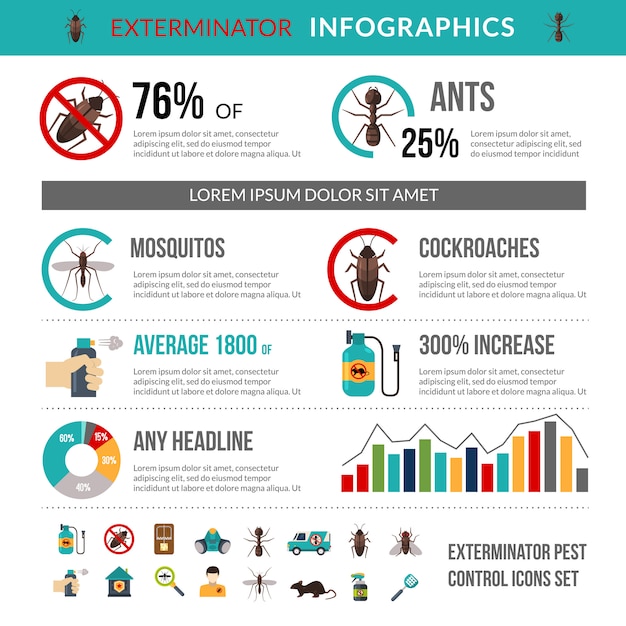Eco-Friendly Rat Control Approaches Recommended By Parasite Experts
Eco-Friendly Rat Control Approaches Recommended By Parasite Experts
Blog Article
Authored By-Anthony Hansson
Did you understand that rats are accountable for billions of bucks in building damages and health dangers every year? If you're handling a rodent problem, it's important to find reliable and environmentally friendly approaches to manage them.
Pest experts suggest different methods, such as making use of natural repellents, gentle traps, and the integrated parasite administration (IPM) strategy. These methods not just prioritize the security of your family members and the setting however also make certain lasting control.
Yet exactly what are these approaches, and how can they help you take on rodent issues? Allow's check out additionally.
Natural Repellents
To effectively push back rats in a green fashion, think about making use of natural repellents. These repellents are made from plant-based ingredients that are safe for the setting and do not hurt the rodents.
recommended site preferred all-natural repellent is peppermint oil. Rodents discover the strong scent of pepper mint frustrating and will prevent areas where it's present. Merely saturate cotton balls in pepper mint oil and put them in areas where rodents are likely to go into, such as close to fractures or openings.
Another reliable natural repellent is garlic. Rodents do not like the smell of garlic and will avoid locations that have actually been treated with garlic spray. To make your very own garlic spray, mix diced garlic with water and spray it around your home.
Using natural repellents not only assists keep rats away yet additionally guarantees the safety and security of your atmosphere.
Humane Traps
Humane catches provide a compassionate and reliable means to catch and launch rats without creating them damage. These catches are created to capture the rodents active, permitting you to securely release them back into their natural environment. They're an excellent alternative to conventional traps that can create injury or fatality to the rodents.
Humane catches work by luring the rats right into the trap with bait, such as food or nesting product. As soon as within, the trap securely closes, protecting against the rodents from running away. It's important to inspect the catches routinely to make certain the rats aren't left trapped for prolonged durations.
Integrated Insect Monitoring (IPM) Strategy
If you're looking for an eco-friendly strategy to rodent control that goes beyond gentle catches, think about carrying out the Integrated Bug Monitoring (IPM) method.
IPM is an extensive approach that concentrates on lasting prevention and control of parasites, while minimizing making use of chemicals.
Below are three essential parts of the IPM technique:
1. Evaluation: An extensive examination of your residential property helps recognize the source of rodent infestation, such as entrance factors or food sources. This enables targeted treatments and decreases dependence on chemicals.
2. Avoidance: Executing safety nets like securing splits, storing food appropriately, and maintaining cleanliness can help hinder rodents from entering your home or building.
3. Tracking: Normal surveillance of rodent task enables early discovery and intervention. This can include establishing traps, utilizing non-toxic lures, or using electronic surveillance systems.
Final thought
Finally, when it concerns rodent control, it's recommended to utilize green techniques such as natural repellents, humane catches, and the Integrated Insect Administration (IPM) method.
By incorporating https://ricardornhbw.blogvivi.com/26322004/the-advantages-of-employing-parasite-control-services-for-your-house , we can efficiently handle rodent populaces while decreasing harm to the atmosphere.
Bear in mind, going green in parasite control isn't just helpful for our world but additionally for our own health.
So, let's welcome these sustainable practices and bid farewell to our fuzzy enemies!
